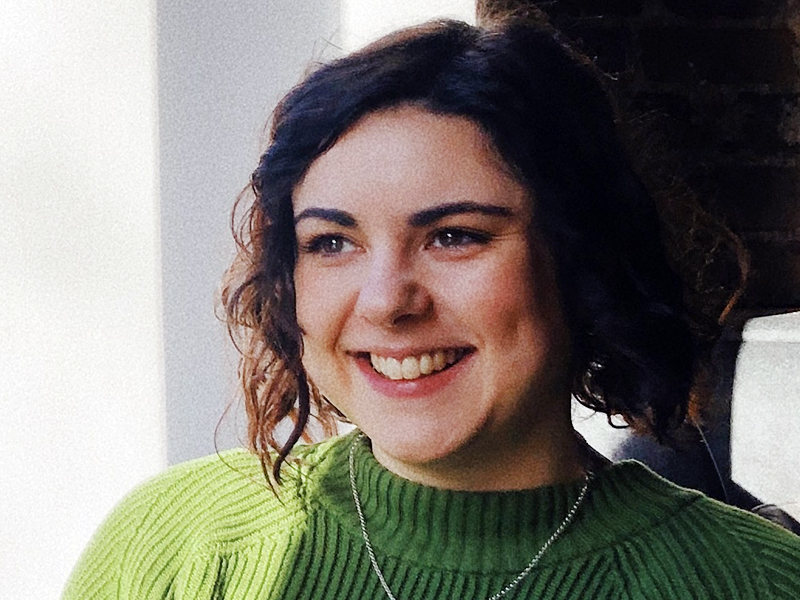Young women in Scotland are struggling to access the healthcare they need and deserve
The Status of Young Women in Scotland 2022-2023: Experiences of Accessing Healthcare report shines a light on young women’s experiences throughout the journey of accessing healthcare and what needs to change to support them to access the healthcare in Scotland that they need and deserve. This research engaged with over 900 young women and people of marginalised genders * aged 16-30 from across Scotland; with representation from every Scottish local authority and from all of the target ages, exploring a wide range of findings on issues across the access to healthcare journey.
Overall, young women struggle to access the healthcare they need and deserve. Young women are not taken seriously in healthcare settings, they are often dismissed, and their experiences are minimised. Many told us they feel patronised and not believed by healthcare professionals. Young women were then often left with no further offer of support or follow-up from healthcare professionals.
Young women want to be heard, seen, listened to and validated. They want healthcare professionals to take them seriously.
We heard from young women who; are working; in education; have caring responsibilities; have long-term or mental health conditions meaning early mornings can be difficult, may struggle to communicate on the phone due to language or neurodivergence, about how making appointments with healthcare services was extremely difficult. NHS resources also made appointments scarcer, and young women often viewed reception staff as gatekeepers to healthcare.
A survey respondent said: "I tried to access mental healthcare so many times before I was finally able to see a specialist. It took YEARS for me to get life-saving healthcare and medication. The first time I went to see my GP despite pretty severe symptoms I was told to do a worksheet and try not to think about it. I get angry thinking about how much easier my life could have been if I'd been taken seriously when I was a teenager, especially because I don't think they would have reacted that way if I hadn't been a brown teenage girl."
The report recommends that changes are needed to improve young women’s access to healthcare. Being listened to, heard, believed and validated were by far the most important features of a positive healthcare experience, and the report suggests that healthcare professionals should show empathy and genuine care. The report also recommends improving the accessibility of appointment booking and addressing issues surrounding limited NHS resources.
So many young women we engaged with had a story about being dismissed in a healthcare setting, where they had come away from an interaction with a healthcare professional feeling like they had not been heard. This results in young women having to push and push to access the health care they need and deserve, a responsibility which should not lie upon them. Young women want to be heard, seen, listened to and validated. They want healthcare professionals to take them seriously. They no longer want to experience medical misogyny or gaslighting in healthcare settings. Young women and people of marginalised genders need to feel safe to access timely care. Especially in relation to abortion and reproductive services, gender-affirming healthcare and mental health support.
*Young women, and young people of other marginalised genders including trans or non-binary people, and gender-fluid/non-conforming individuals who wish to be included in this research.
Rhianna Mallia is the Research and Policy lead at The Young Women’s Movement.
She works to co-design research projects with young women that influence decision-makers and service providers with the aim of creating a gender-equal Scotland.
The Young Women’s Movement is Scotland’s national organisation for young women’s feminist leadership and collective action against gender inequality. They are for all self-identifying young women and girls. They value the power, and recognise the necessity, of working both intersectionally and intergenerationally to achieve change. Young women, girls and non-binary people who recognise themselves within this movement are at the heart of everything that they do by participating, co-designing and leading.
Join The Young Women’s Movement on Twitter, Facebook and Instagram







